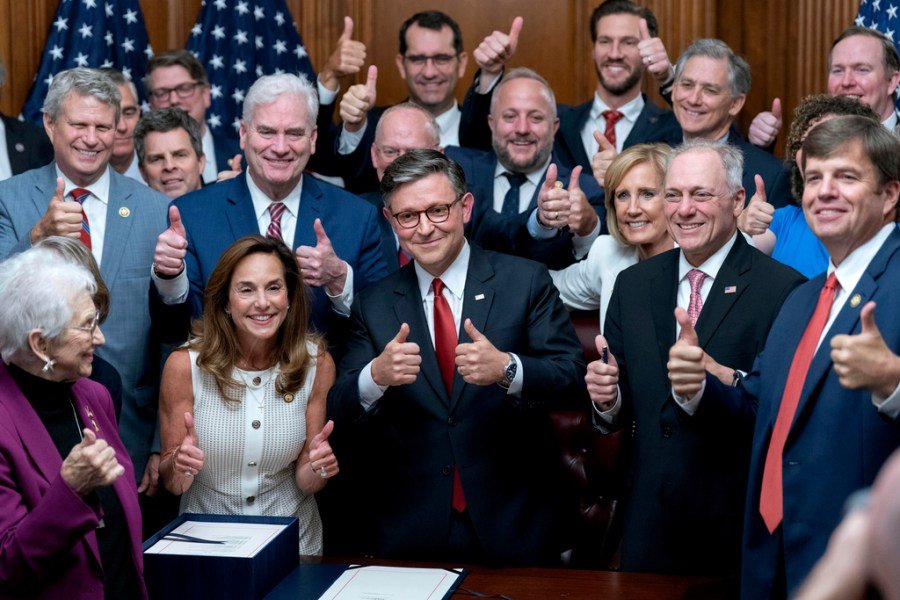
The One Big, Beautiful Bill Act’s Medicaid reforms will not affect community-based programs for people with disabilities; instead, they address ineligible recipients, administrative fraud and able-bodied adults who choose not to work.
But more must be done to strengthen incentives for people with disabilities to move to, remain in, and thrive within their communities.
As an advocate who has fought for services to emancipate people with disabilities from institutional warehousing for nearly half a century, I can, without equivocation, write that large congregate care is less effective and significantly more expensive than any home- or community-based living arrangement. Funding can and should be allocated in a more humanitarian and utilitarian way when it comes to community programs.
When President Ronald Reagan signed the Omnibus Budget Reconciliation Act of 1981, the federal government recognized home- and community-based care as an alternative to costly institutions. Although the idea was to save money, the bill gave rise to the unexpected benefit of incentivizing states with innovative leadership to shift towards managing services rather than simply paying claims.
This sea-change enabled states such as New Jersey and New York to close institutions and move people back into their communities. In addition, these reforms caused a multitude of lawsuits against institutional abuse, which enabled a more expeditious shift for community placements and allowed the disabled to thrive in small homes.
I worked in New Jersey when it had several more institutions than it does now. In 1981, there were almost 9,000 people living in institutions. Today, there remain approximately 3,000 people living in the five remaining institutions and private nursing homes at a cost of nearly $450,000 per person per year in the state.
Over the last few years, I have visited state-run institutions in Corpus Christi, El Paso, and Dallas, which house thousands of people with disabilities who could work and live in their communities. Most of the funding in Texas is used to house people in institutions, which can cost nearly half a million dollars per person each year. In comparison, a person receiving community services, such as host homes, costs Medicaid only about $54,000 per year. Deinstitutionalization is slowing in Texas, and in recent years, the number of people who have moved from institutions into the community has declined significantly.
Unfortunately, without incentives to close institutions, local legislators are intent on keeping them open to protect what is often the largest employer in their districts. It’s a tough decision, but it requires the political will to do the right thing. Stop keeping our most vulnerable in institutions, and allow them to live in their own communities and have better lives.
Community-based programs that support parents in providing in-home care offer invaluable opportunities for people with disabilities to stay connected to the places they call home.
We now need the federal government to work with states and providers and ensure quality care is given to our most vulnerable. We have made steps in this direction, but President Trump has a unique opportunity to lead the charge in ensuring our family, friends and neighbors aren’t shut in institutions but rather allowed to receive the care they need and the opportunity for lives in the communities they live in.
I am encouraged that Trump and Congress accomplished this legislation, and I hope to help them as they reform outdated methods of care for people with disabilities.
Robert Stack is the founder, president, and CEO of Community Options, Inc., a national non-profit organization that develops housing and employment for 6,000 people with disabilities across 12 states. Stack has been a national leader in the continuing struggle to improve the lives of people with intellectual and developmental disabilities.


